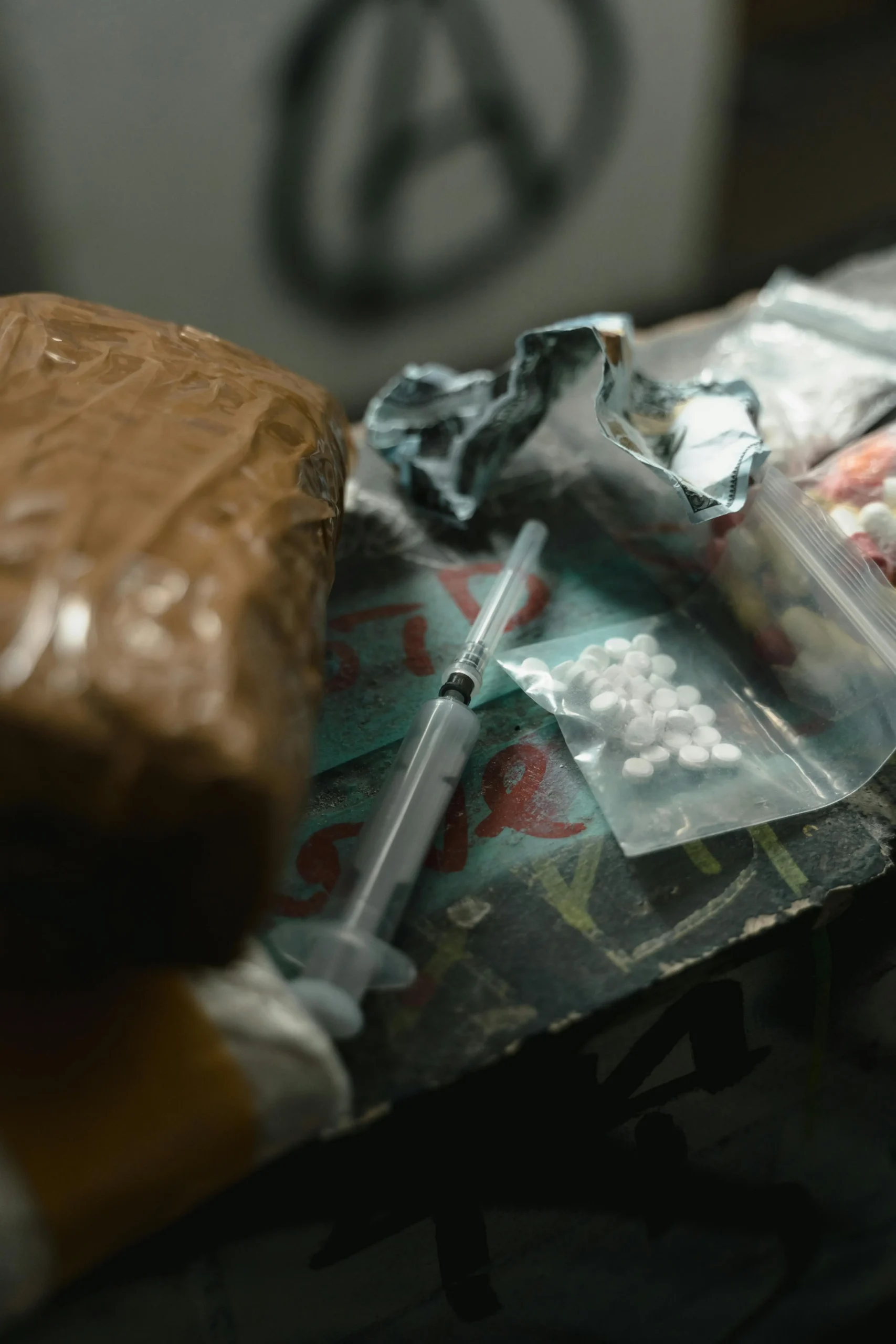Break Free from Drug Addiction
Step forward with the support and care you deserve
Home / Addiction Treatment Center
Struggling with drug addiction can be overwhelming, but you’re not alone. It’s more than just a phase or a choice, it’s a medical condition that can make everyday tasks feel impossible. You may feel stuck, using drugs even though you know they’re harmful. But here’s the good news: help is available. Avisa Recovery offers compassionate care through addiction treatment rehab to support you through the hardest moments of addiction. Whether you’ve been battling this for years or are just starting to feel its grip, our team is ready to help you take back control.
We know that everyone’s journey with addiction is different. Sometimes it starts with curiosity or using prescribed medications, but over time, what was once casual can become a dependency. At Avisa Recovery, we understand that addiction doesn’t define you, and with the right support, you can break free. Our programs are designed to give you personalized care, addressing not only the physical aspects of addiction but the emotional and psychological challenges too.
You don’t have to do this on your own. If you or someone you care about is struggling, reach out to Avisa Recovery today. Let us guide you toward a life of recovery and renewed purpose. It’s never too late to make a change!


What Is Drug Addiction?
Struggling with Drug Dependency?
Understanding the Impact of Drug Addiction
If you or someone you love is facing drug addiction, it’s normal to feel lost and hopeless. This condition, known as substance use disorder, leads to powerful urges to misuse drugs. Any substance that affects your mind can lead to addiction, whether it’s illegal drugs like heroin or legal prescriptions like painkillers.
According to the National Institute on Drug Abuse, about 21 million Americans have at least one addiction, yet only 10% receive treatment. This shows the importance of understanding and addressing drug addiction.

Genetic Risk Factors

Environmental Risk Factors

Mental Health Risk Factors
Find Your Path to Healing
Request a Confidential Callback Now
Addiction Treatment Programs at Avisa Recovery
Avisa Recovery is dedicated to helping individuals overcome addiction through personalized, compassionate care. Offering a range of addiction treatment services and evidence-based treatment programs, including outpatient care, individual therapy, and medication-assisted treatment, Avisa Recovery provides the support needed for lasting recovery. Their goal is to help each person build a foundation for a healthier, addiction-free life in a supportive and healing environment.

Outpatient Program

Inpatient Program

Detoxification

Partial Care

Intensive Outpatient Program (IOP)

Individual
Counseling

Group
Therapy

Family
Therapy

Medication-Assisted Treatment (MAT)
Get Approved. Get Help.
We Work With Most Major Insurance Providers
- Aetna
- Amerihealth
- Anthem
- Beacon
- Behavioral Health Systems
- BCBS—Most BlueCross & BlueShield Plans
- Carelon Behavioral Health
- CareFirst
- Cigna
- ComPsych
- Coventry
- Empire BlueCross BlueShield
- GHI
- Highmark
- Humana
- Magellan
- MagnaCare
- Meritain Health
- MultPlan
- NYSHIP (New York State Insurance Plan)
- Optum
- Oxford
- PHCS
- Self-Pay
- TRICARE
- UHC
- UMR
- VA Insurance
- 90 Degree Benefits
Currently, we do not accept Medicaid or Medicare.
Virtual Drug Rehab at Avisa Recovery
Exclusive Services We Offer:
- Phone pre-assessment for admissions.
- Weekly individual and family therapy.
- Group therapy sessions from 9 AM to 12 PM.
- A digital toolkit with essential resources.
Don’t wait for the perfect moment, start your journey to recovery today! Contact our admissions team in Toms River, NJ, to learn more about our addiction treatment services in New Jersey.

Discover Why Avisa is Your Best Choice for Overcoming Addiction
When it comes to overcoming drug addiction, choosing the right addiction treatment facility can make all the difference. Here’s why Avisa Recovery stands out as your best choice:

Compassionate Care

Tailored Treatment Plans

Comprehensive Services

Expert Team

Flexible Options

Supportive Community


